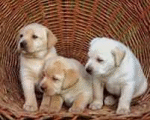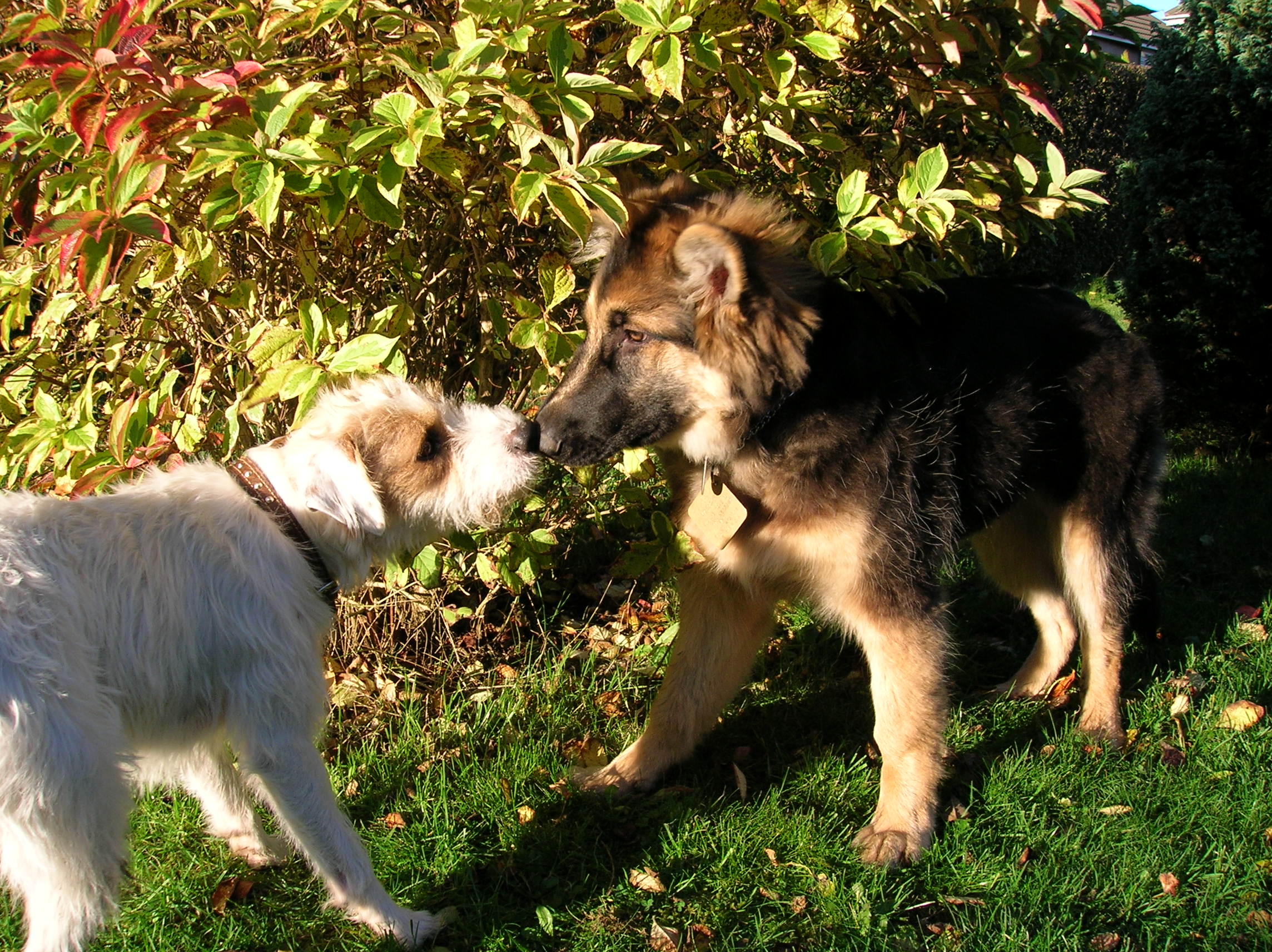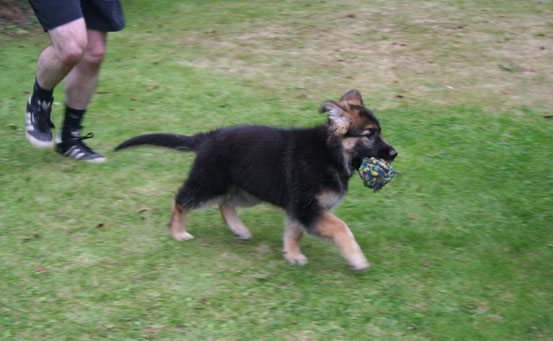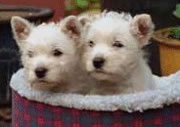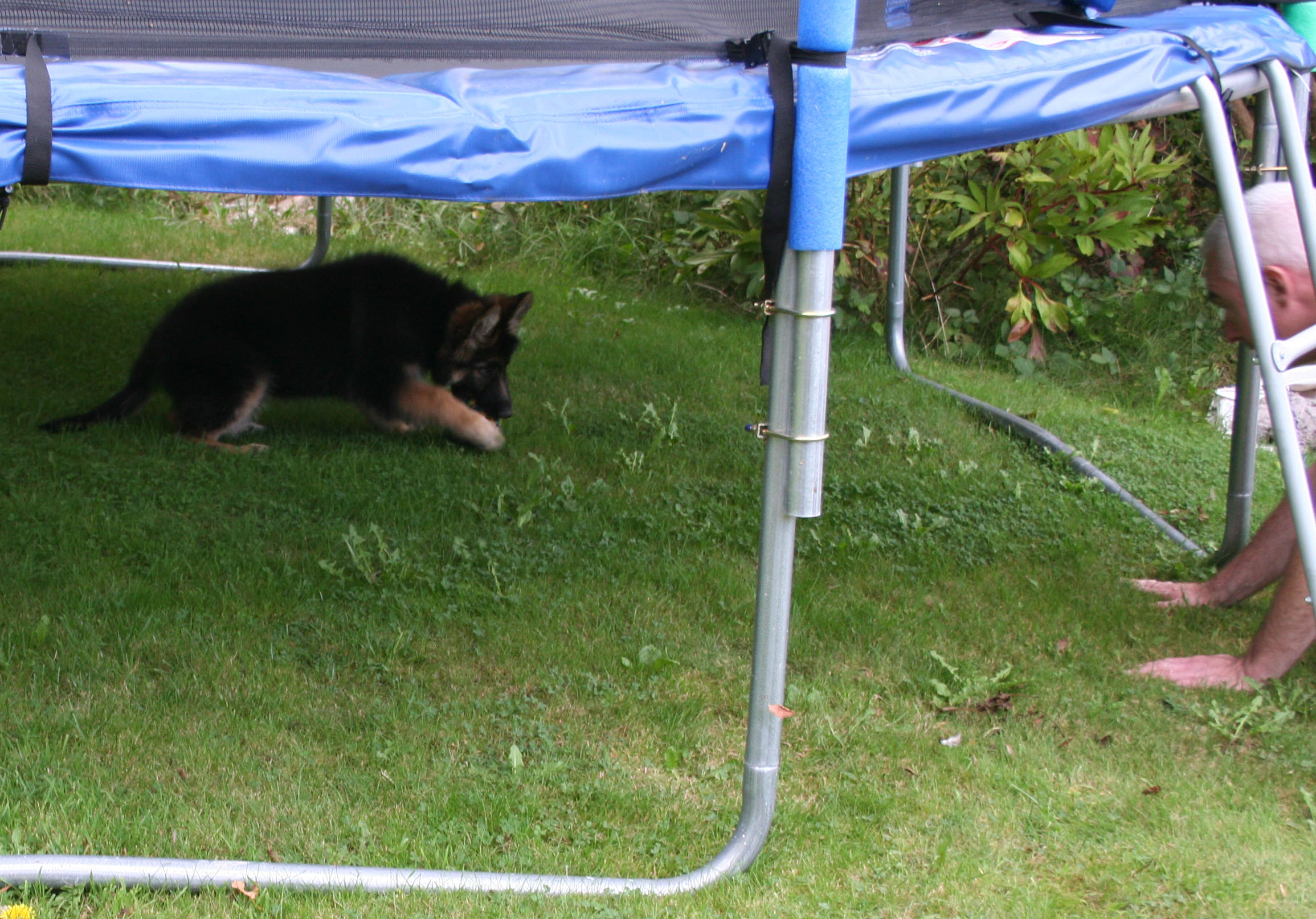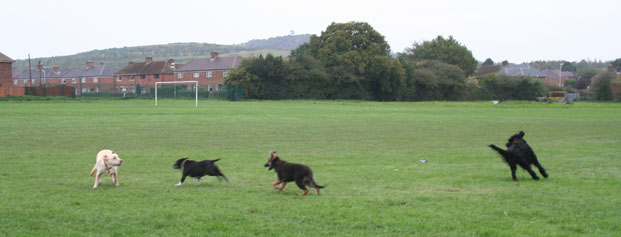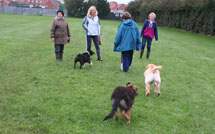WORLD OF DOGS.CC -
PUPPY'S PUDDLES - Page 1
|
Before you buy a puppy, there are one or two things that you need to consider. A puppy needs time. He needs attention. ♥He needs lots of love. ♥ He needs feeding at regular times. He also needs to be house trained. As he gets older he will need his injections, he will need regular exercise. He will also need training. How can you do all of these important tasks if you are at work all day? Puppies need attention, and have been known to be destructive when left for any length of time. Can you afford to
feed and provide for Veterinary care, Insurance, Holidays.
|
| Return to Top of Page |
| Return to Top of Page |
|
A ball must be big enough so he can't swallow it, squeaky toys should be watched as a puppy chews, he might swallow the squeak and choke. I always found a nice box with a blanket for a young puppy is suitable at first and then progress to a more permanent one at a later date.
|
||
To help through the first few nights, I always found that a ticking clock wrapped in a towel and a cuddly toy helped the puppy to settle down. |
|
|
 |
The next thing on the list is house training. For this, you will need lots and lots of newspaper, a good mop and the faithful bucket! Training can take a few weeks, but with patience and care, this shouldn't be too testing for you and the puppy. |
|
| All this, plus a good quality food and mixer or a complete meal - whichever suits your puppy best. | 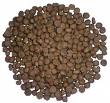 |
|
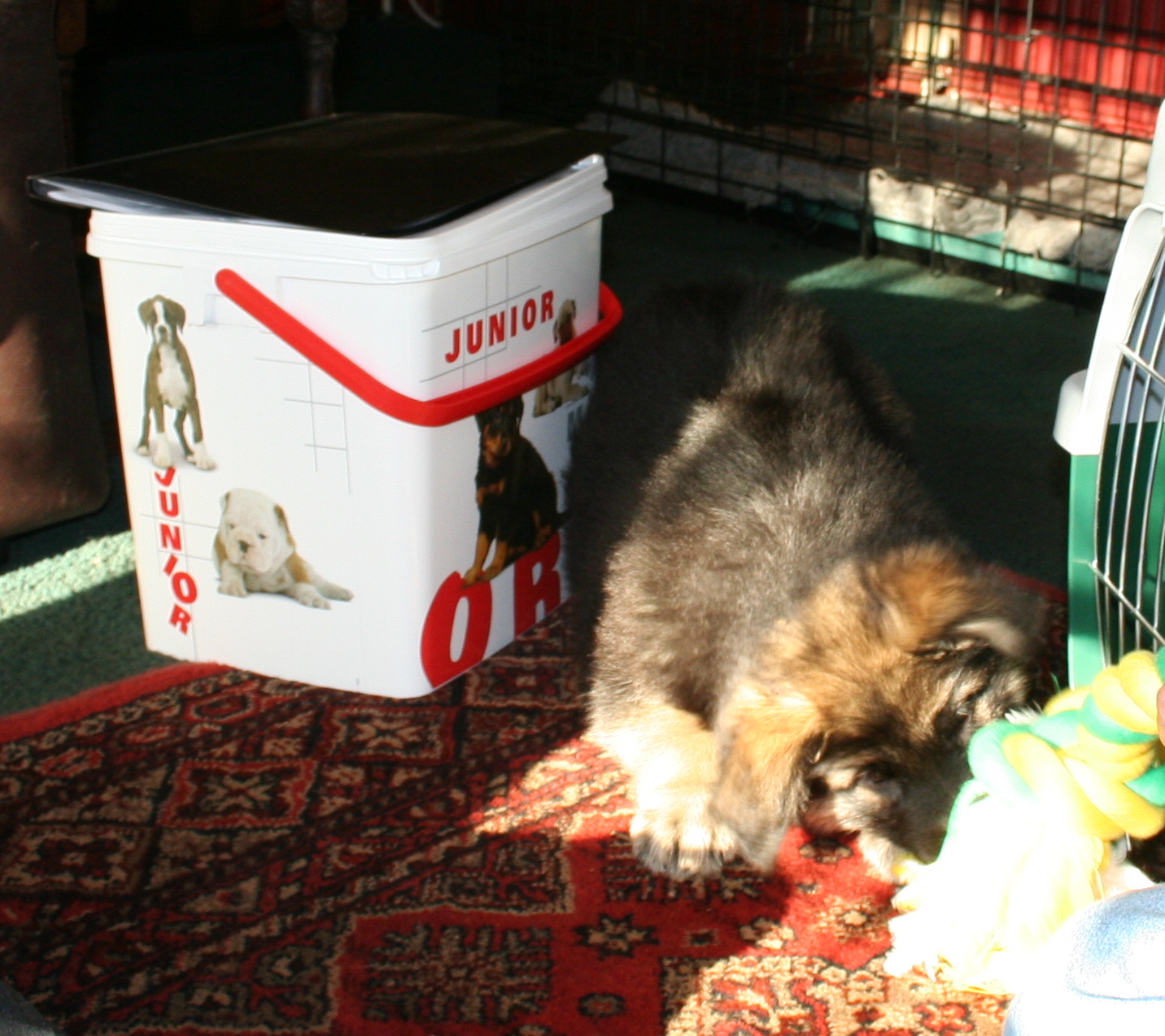 |
Normally the breeder will help you with this, by either advising you or providing you with a small supply of food that the puppy has been used to. It is not a good idea to change the diet drastically when you first bring your puppy home, always introduce new foods gradually over a period of a few days. | |
Your puppy should settle down within a few days. Don't forget it can be a rather stressful time for puppy and you. The thing to do is to take everything gently - make sure that all the family integrates into the puppy's world and take one step at a time. Puppies play for a short time and then they sleep. A puppy should never be woken up if he is asleep; leave him alone. When he wakes, he will need to go into the garden to do his business. When he comes in, you can then play with him. The pup will tell you when he has had enough play and will curl up and sleep again! In the first weeks, gentle play is best for the puppy. As soon as he has had his injections he will be able to go for walks and socialise with other people and dogs. A well socialised puppy is a happy puppy - a happy puppy is a well behaved puppy which is what most owners strive for. So with plenty of patience and lots of praise, you and your family and your puppy will all be contented.
|
||
| Return to Top of Page |
|
As soon as you get a new puppy home, he may well be very distressed because firstly, he has just been taken away from his mum, and he has left his litter mates and for the first time, he is completely on his own. Once he arrives in his new home, show him at once where his bed is to be. Let him smell around and get used to the new smells and things around him. He may well settle down for a quick nap, let him stay in his bed and leave him to sleep. As soon as he wakes up, reassure him and take him into the garden for a wee. Let him wander round and if he performs - praise him. Let him follow you into the house and give him his first meal. As soon as this is finished, take him back into the garden and let him do the same as before. Remember to praise him again. Well, what do you do when he has little accidents in the house? If this fails, and he keeps soiling your carpet, (but don't forget that once he has wet your carpet he will keep doing it in this same spot if it hasn't been cleaned really well), keep him out of the room if unattended, all the time until he gets it right.
|
| Return to Top of Page |
|
You may already know that a puppy should not be taken outside except to the vets, nor allowed to walk in the street or come into contact with other dogs until their first vaccination programme is completed, contact your vet if in any doubt. Any of the diseases listed below can prove to be fatal to a young puppy and even to an adult dog. CANINE DISTEMPER INFECTIOUS CANINE HEPATITIS PARVOVIRUS LEPTOSPIROSIS Your vet will provide you with a copy of the injections your puppy or dog has been given and you will get a book to keep and take with you to your vets when your dog is ready for his booster dose.
|
| Return to Top of Page |
© Janet Wesley |
If you have any problems, email us for advice. Training@worldofdogs.cc |
| Contact Details | |
| Head Trainer | Janet Wesley |
| Tel: | 0115 8462031 |
| email: | JanetWesley@worldofdogs.cc |
| Return to Top of Page |
© worldofdogs.cc
| Home Page | Training Advice | In Memory |
